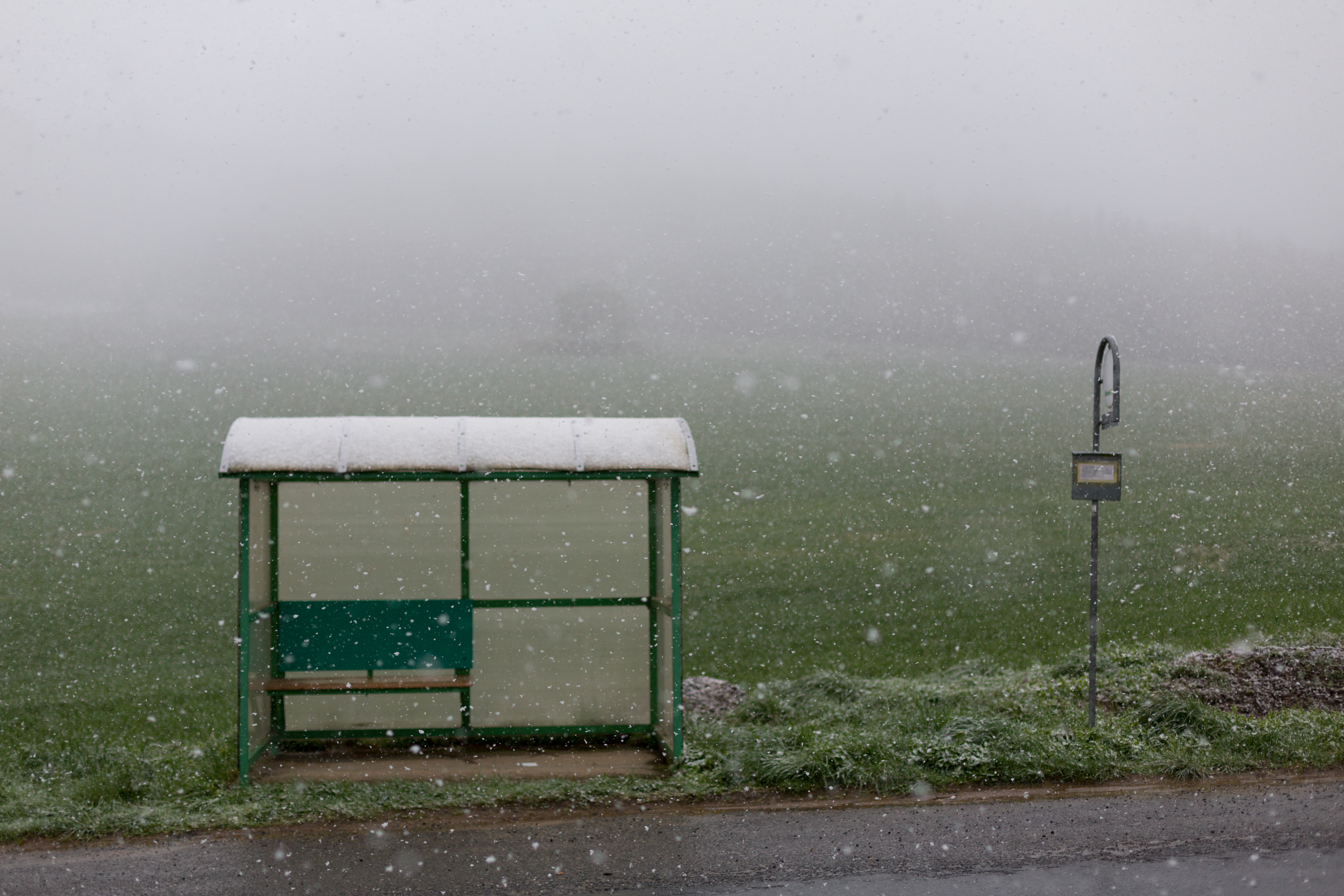Suicides Don’t Actually Spike in Winter

There’s a long-enduring idea in the media that suicide rates peak in the winter months, when days get darker earlier, stress levels seem to rise, and the so-called “holiday blues” set in. The sentiment is so prevalent that 40% of stories published by news organizations about suicide during the 2022-2023 holiday season made this claim.
There’s just one problem with these stories: no such seasonal trend exists in actual suicide data. In fact, December often sees a lull in suicide numbers worldwide.
[time-brightcove not-tgx=”true”]
Dan Romer, a research director at Annenberg Public Policy Center at the University of Pennsylvania, has spent decades chasing the origins of this myth and working to correct it. In a new report out Dec. 4, he shares the results of worldwide survey data that shows the extent of the myth and new evidence that winter holidays play no role in suicidality.
In a survey earlier this year, Romer asked more than 1,500 American adults about when they thought most suicides generally occur: April, June, August, October, or December. 81% picked December, despite the fact that more suicides have taken place during the four other months for the last 20 years.
Read More: U.S. Suicide Rates Reached an All-Time High in 2022
It’s hard to pinpoint whether media warnings of a wintertime suicide bump are actually influencing the public’s misguided perception of this link, or vice versa. But Romer points to a few clear cultural elements that he thinks may have helped create these beliefs. The first is the popularity of Christmas movies that prompt viewers to “imagine what the world would be like if you weren’t here,” says Romer—such as It’s a Wonderful Life and A Christmas Carol—which may lead people to believe that it’s a much-needed thought exercise for some at that time of year.
In reality, the holiday season has no connection to increased suicide rates—and may even play a protective role. “Winter, contrary to what people think, is not a time when people are likely to want to end their lives,” Romer says. “In Australia, where their summer is our winter, they actually are peaking in suicide right now.” What’s more, December remains a low month for suicides even in countries where it’s a warmer month, which suggests a Christmas effect opposite to the one people assume exists, he says.
Perpetuating the myth of a holiday suicide bump can have public-health consequences. “The recommendations for reporting on suicide emphasize that one shouldn’t make a point out of saying that any time of the year is more popular,” he says. “There’s just no benefit for the public to hear that.” It may even do harm; messages about “epidemics” or “peak periods” could potentially disinhibit someone who is already considering ending their life, he says.
What does help is sharing evidence-based information and resources, like the national 988 hotline for those experiencing mental-health crises.
If you or someone you know may be experiencing a mental-health crisis or contemplating suicide, call or text 988. In emergencies, call 911, or seek care from a local hospital or mental health provider.